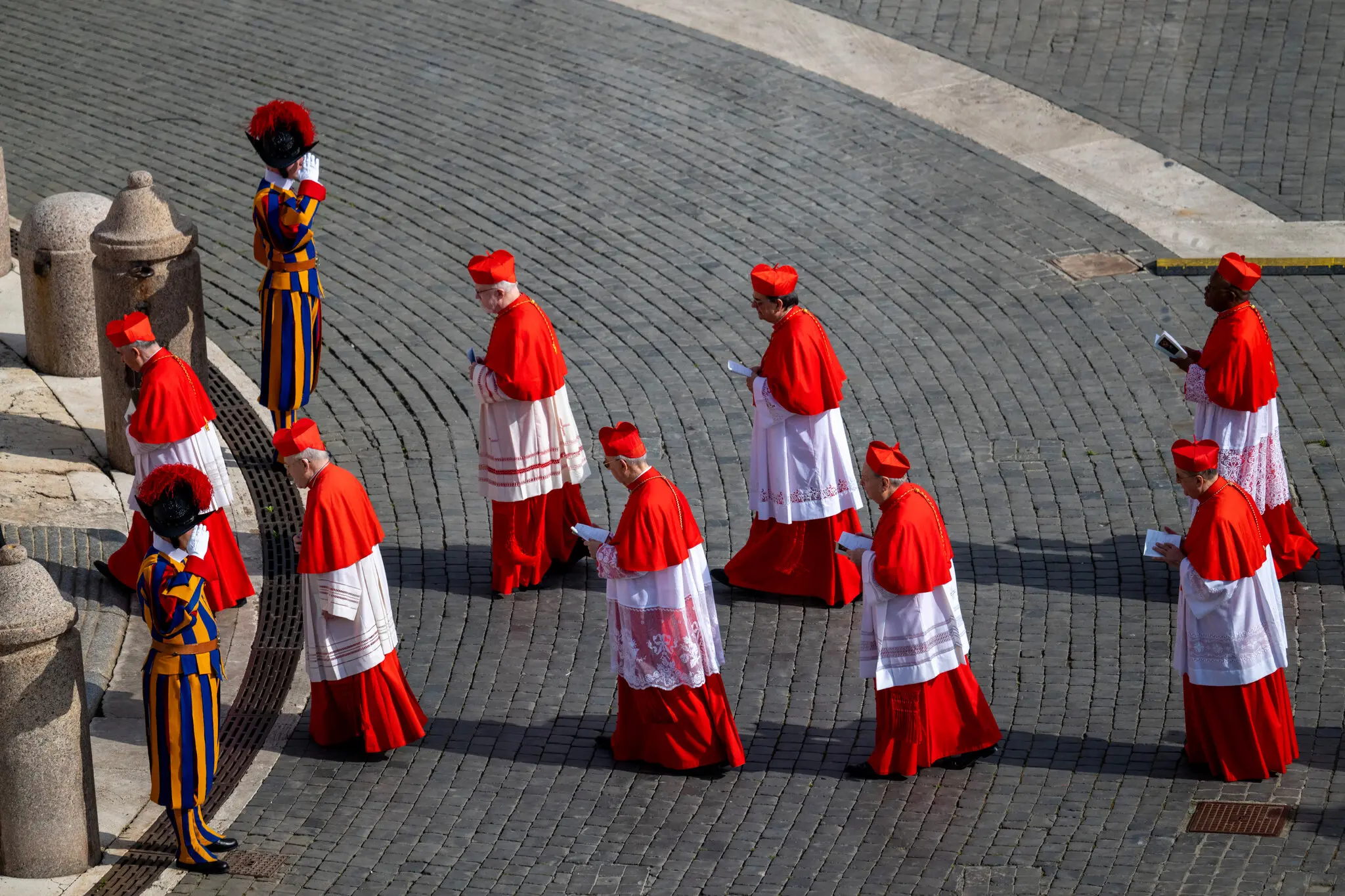
As the Catholic Church stands at a pivotal juncture following the passing of Pope Francis, the forthcoming conclave is poised to address a myriad of contentious issues that will significantly influence the selection of the next pontiff. The cardinal-electors are confronted with the challenge of choosing a leader capable of navigating the Church through internal divisions, doctrinal debates, and global socio-political dynamics.
1. Theological Polarization: Progressives vs. Traditionalists
Pope Francis’s tenure was marked by efforts to modernize the Church, emphasizing inclusivity and social justice. However, this approach has intensified the rift between progressive and conservative factions within the Church. Progressives advocate for continued reforms, including greater acceptance of LGBTQ+ individuals and expanded roles for women. Conversely, traditionalists express concern over perceived deviations from established doctrines, particularly regarding liturgical practices and moral teachings. The next pope’s stance on these issues will be crucial in either bridging or widening this ideological divide.
2. Clergy Sexual Abuse Crisis and Demand for Transparency
The clergy sexual abuse scandal remains a profound crisis for the Church, undermining its moral authority and trust among the faithful. Despite measures implemented during Francis’s papacy, calls for greater transparency, accountability, and justice persist. The incoming pope will face the imperative task of enforcing stringent protocols to address past abuses and prevent future occurrences, thereby restoring credibility to the Church’s leadership.
3. Financial Reform and Influence of Wealthy Donors
Financial mismanagement and corruption have plagued the Vatican, prompting demands for comprehensive reform. Notably, affluent conservative donors, particularly from the United States, have sought to exert influence over Vatican policies through substantial financial contributions. While their support is vital for the Church’s operations, it raises concerns about potential conflicts of interest and the autonomy of ecclesiastical decision-making. The next pope must navigate these complexities to ensure financial integrity and independence.
4. Geographic Representation and the Potential for a Non-European Pope
The demographic shift of Catholicism towards the Global South, especially Africa and Asia, has sparked discussions about electing a pope from these regions. Africa, in particular, has witnessed significant growth in its Catholic population, coupled with high levels of religious observance. However, African cardinals often hold conservative theological views, which may influence their prospects in the conclave. Electing a non-European pope could symbolize the Church’s commitment to its diverse global constituency.
5. Migration, Social Justice, and Global Inequality
Issues of migration and social justice are paramount, especially for cardinals from regions heavily impacted by these challenges. Advocates like Cardinal Álvaro Ramazzini emphasize the Church’s role in supporting migrants and addressing systemic inequalities. The next pope’s policies on these matters will reflect the Church’s stance on humanitarian concerns and its engagement with global socio-economic disparities.
6. Synodality and Lay Participation
Pope Francis introduced the concept of synodality, promoting greater involvement of laypeople in Church decision-making processes. While this move aims to democratize Church governance, it has faced resistance from those who fear it undermines clerical authority. The forthcoming pope’s approach to synodality will determine the extent to which the laity can influence ecclesiastical affairs.
7. Conclave Dynamics and the Absence of a Clear Frontrunner
The current conclave is characterized by uncertainty, with no consensus on a leading candidate. This scenario opens the possibility for unexpected choices, including the election of an outsider or a compromise candidate who can appeal to various factions within the College of Cardinals. The outcome will hinge on the ability to reconcile differing visions for the Church’s future.

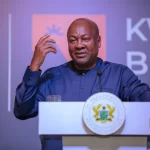

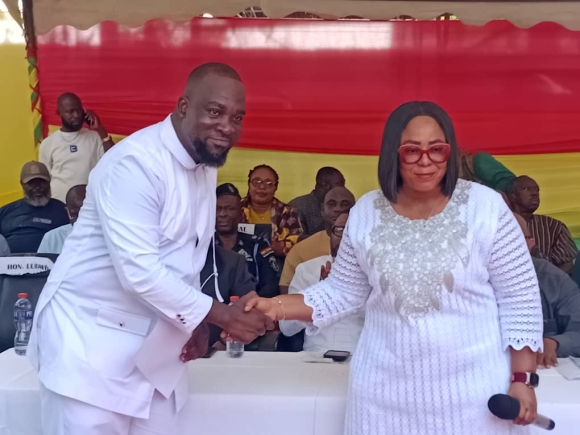
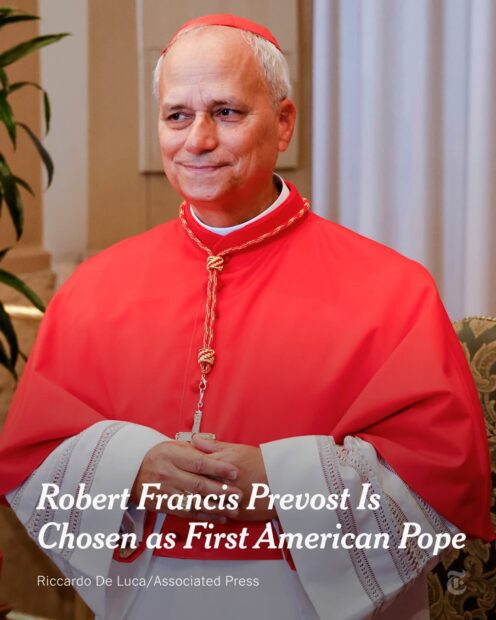

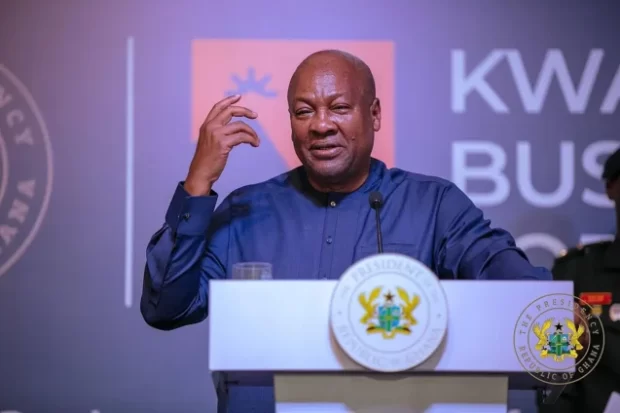
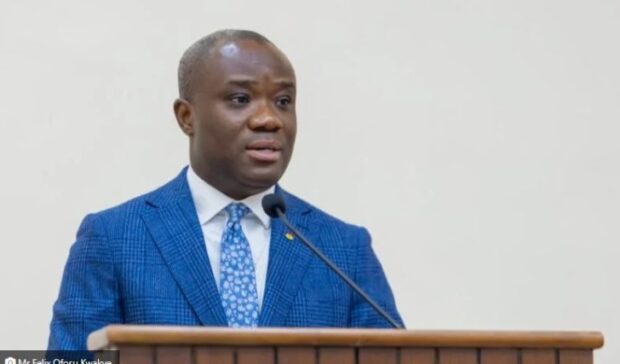
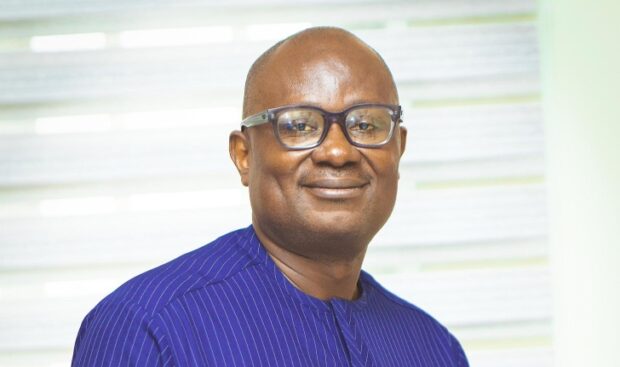

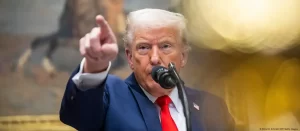

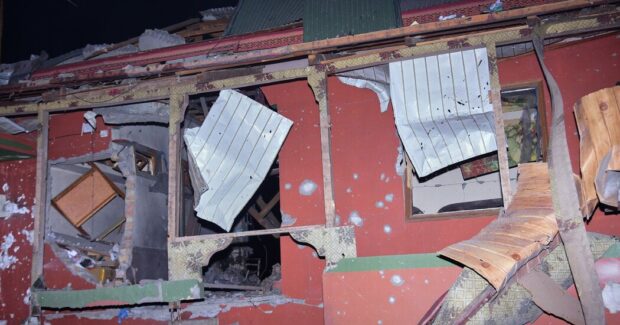
Be the first to leave a comment